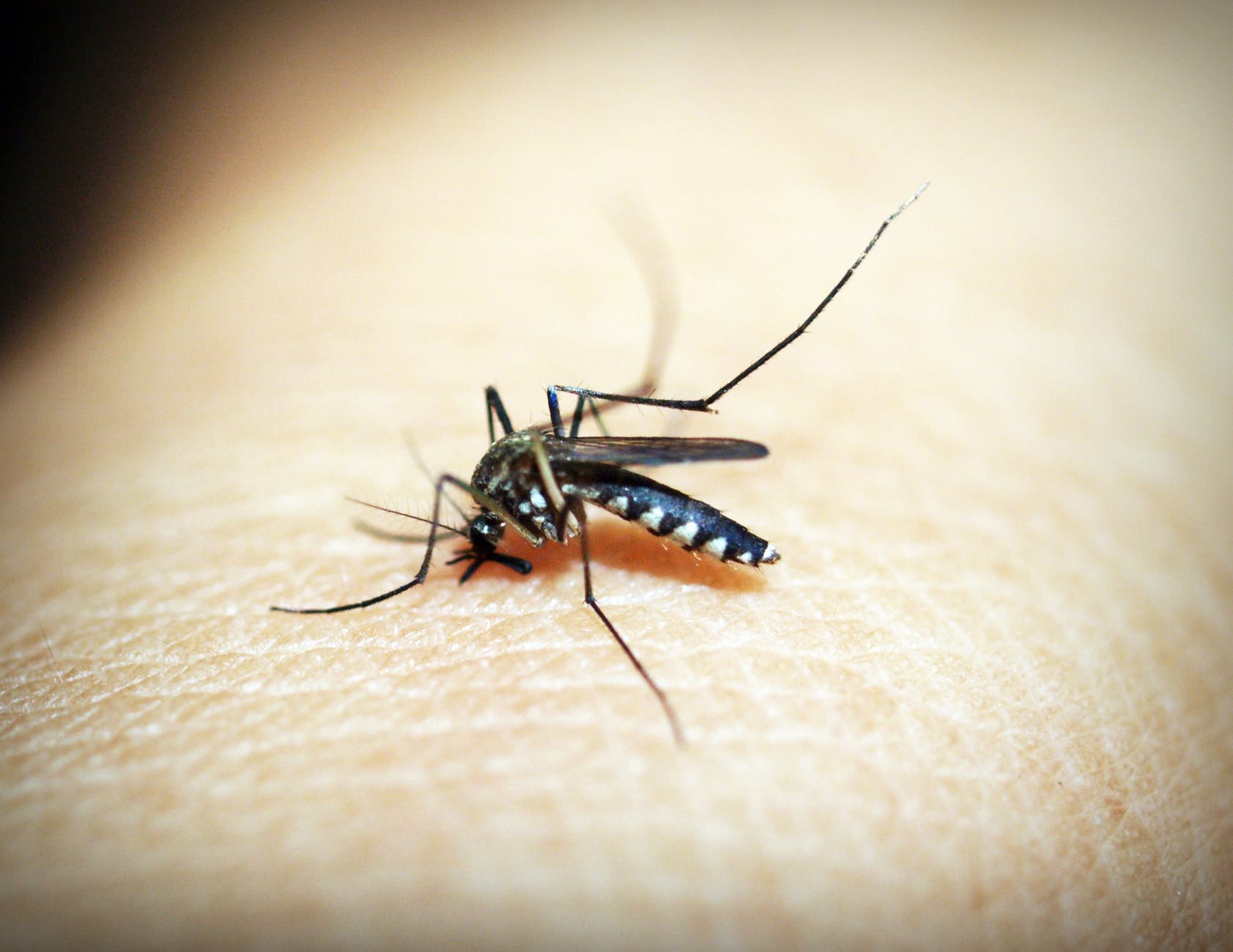![]()
Malaria is an infectious disease that is spread through the bite of a mosquito infected with the Plasmodium parasite. The cause of malaria is unconnected to its symptoms, which are often confused with other illnesses, symptoms, or complications. Symptoms can include fever, malaise, headache, and vomiting. If untreated and it lasts for more than three days, malaria can become severe and potentially life-threatening.
How Malaria is Prevented
Malaria is a disease that is spread by mosquitos, and can be deadly. There are three types of Malaria: P. vivax, the most common strain, P. falciparum, which causes the most serious symptoms, and P. malariae – a rare strain that has fewer severe symptoms. The best way to avoid malaria is to avoid traveling in malarial areas. This can be more difficult than it seems because many malarial countries do not have stable governments. If travelers must travel, the following precautions should be taken:
– Protect yourself from mosquito bites by wearing long-sleeved clothing and using insect repellent with DEET.
– Wear hats and use mosquito nets when sleeping outside.
– Don’t forget you need to cover your mouth when coughing or sneezing!
What are the Symptoms of Malaria?
Malaria is a common parasitic illness that affects the red blood cells of the human body. This blood disorder can cause flu-like symptoms and, in some cases, coma or death. The symptoms are often milder than those that result from other infections such as hepatitis, typhoid fever, or malaria. Symptoms of Malaria are: Fever, headache, shivering, lack of appetite and muscle aches. The most important thing you can do is to have your body tested for Malaria in order to receive the treatment that is needed.
Who is at Risk for Malaria?
Malaria is a mosquito-borne infection that affects millions of people worldwide. It is caused by parasites called Plasmodium, which are transmitted to humans via the bite of infected female mosquitoes. In fact, malaria is the leading cause of death for pregnant women and children under the age of five. Malaria is a mosquito-borne disease that affects humans, animals and other primates. Most infections require no treatment but do require medical attention if the patient is not responding to the drugs that they are taking or has severe symptoms.
What Treatments Are Available?
Malaria is the most common infectious disease in the world and affects more than 200 million people annually. Malaria can be treated with a number of different methods depending on the type of malaria and its severity. The most effective method used to prevent, diagnose, and treat malaria is by taking antimalarial drugs. Malaria is largely curable but still causes significant morbidity and mortality rates in areas where it is prevalent. Not all medicines or medications are created equal and that is especially true when it comes to treating Malaria. It is important to research your options thoroughly before taking this course of treatment. Some treatments may be more effective in certain areas, some may have more negative side effects and others could even prove fatal. The best treatment may also depend on the type or location of the malaria infection.
How to Use Antimalarial Medications
Malaria is a preventable and treatable disease. There are many natural ways to treat malaria as well, however alternately these can be exploited and cause more harm than good. Antimalarial medications are available in different formulations. They come as tablets, pills, or liquid drops that you swallow. These drugs usually contain one or more of the following: quinine, atovaquone-proguanil, doxycycline or amodiaquine.
There are many ways to prevent and treat Malaria, but the most effective solution is to prevent the mosquito from biting you and spreading the disease.
